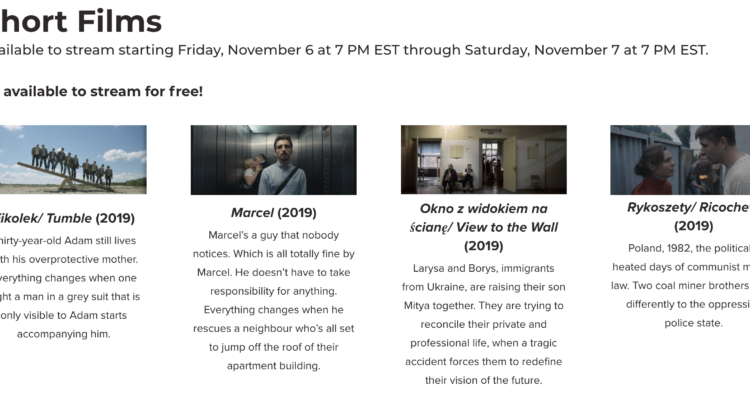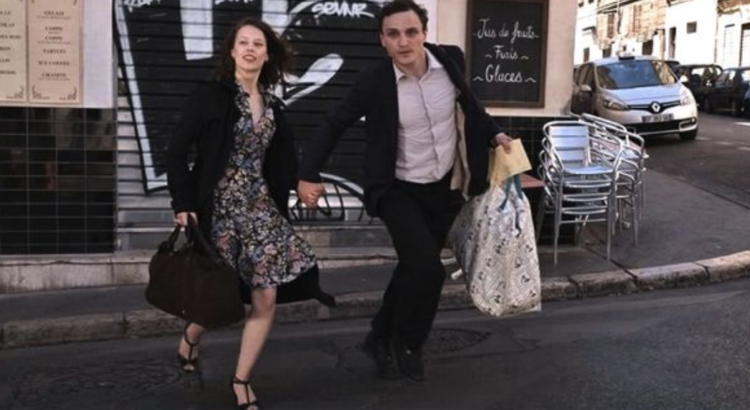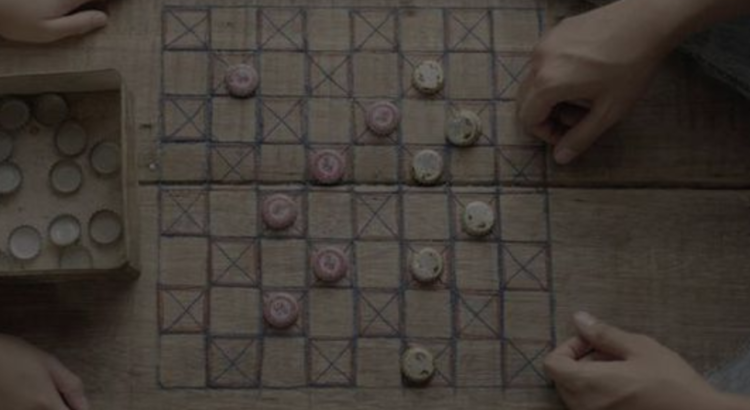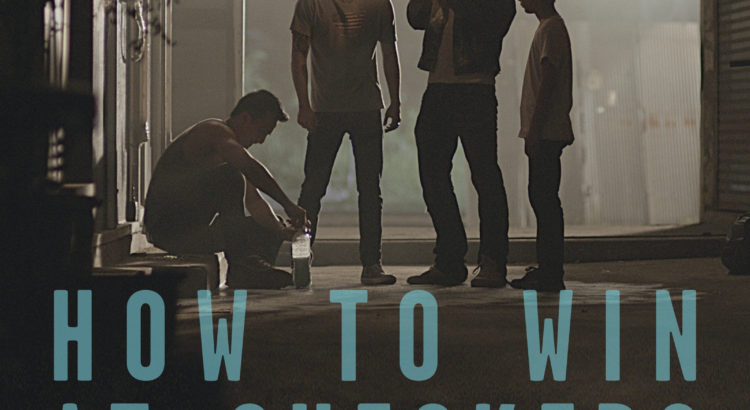Park Chan-wook’s latest project is a masterclass in Hitchcockian suspense, weaving strands of psychological thriller and seductive romance into a fully realized cinematic experience.
Park Chan-wook’s newest theatrical release, Decision to Leave, marks the end of his six year directorial hiatus, following his critically acclaimed film, The Handmaiden, an examination of colonial trauma under the Japanese occupation of the Korean Peninsula. With this recent outing, Park Chan-wook trades in his narrative lens for a more contemporary study of immigration policies; particularly, in regard to 21st century illegal immigration to South Korea. This is exemplified by the female protagonist, Song Seo-rae (Tang Wei), an illegal Chinese immigrant who is suspected of murdering her husband in the opening half of the film. I found her character to be reminiscent of Kim Novak’s portrayal of Madeleine Elster and Judy Barton in Alfred Hitchcock’s thriller, Vertigo. Wei commands the screen, her emotions simmering behind her invasive eyes.
However, we primarily follow the character of Det. Jang Hae-jun (Park Hae-il), who leads the main investigation into the murder of Song Seo-rae’s husband. Hae-il plays him with a conservative fortitude, which is made all the more apparent with the comedic relief of his police sidekicks Yeon-su (Kim Shin-Young) and Soo-wan (Go Kyung-pyo). I found Kyung-pyo, in particular, to be a screen stealer; his comedic timing was never a second off. I can’t say much beyond this point, but their relationship mutates and evolves in ways I found truly unexpected; as well as the chemistry between Wei and Hae-il.
Park Chan-wook’s cinematography is also a revelation, using rapid successions of shots to create feelings of suspense and uneasiness, which culminates in sweeping tracking shots of fight scenes within the streets and rooftops of Busan. Not to mention an extremely visceral action scene involving a chain mail glove, which I have just learned is utilized in real life by the South Korean police force; a consequence of the outlawing of firearms within the country. Regardless, if you’re a cinephile or an admirer of South Korean culture, Decision to Leave is worth all the critical acclaim that it has garnered this award season.
Now playing at The State Theatre.






 While I describe that like affection, I was cold throughout. Being artists, the characters were appropriately expressive, the actors who played them able to communicate minute, complicated emotional shifts very well. So much of the hopefulness of starting a family and starting anew as immigrants felt quite tragically earnest. Making a life for yourself is such a fragile thing.
While I describe that like affection, I was cold throughout. Being artists, the characters were appropriately expressive, the actors who played them able to communicate minute, complicated emotional shifts very well. So much of the hopefulness of starting a family and starting anew as immigrants felt quite tragically earnest. Making a life for yourself is such a fragile thing.











